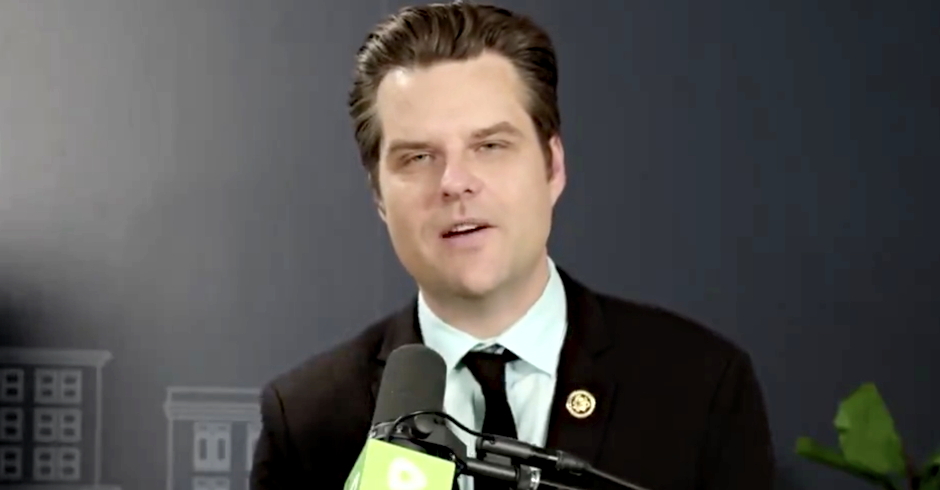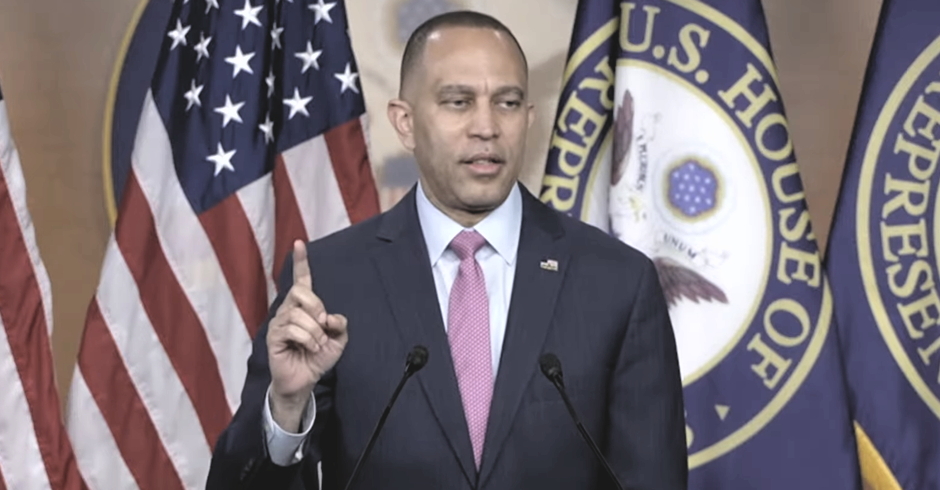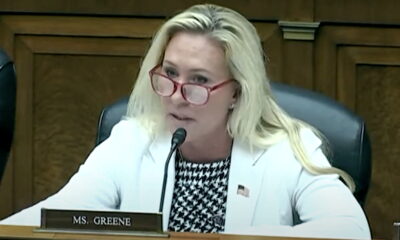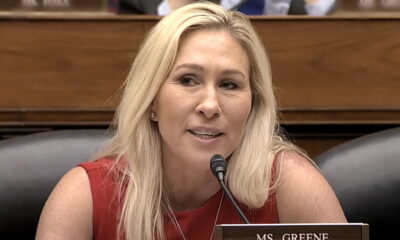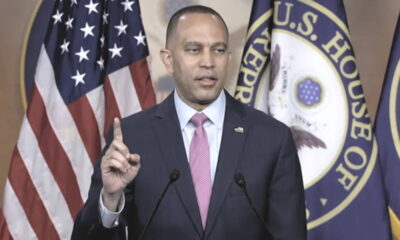Korea: LGBT Students In Danger Of Being Left Out Of Non-Discrimination Protections
Guest post by Grace Poore, Regional coordinator, Asia and the Pacific Islands, International Gay and Lesbian Human Rights Commission
The Education Committee of the Seoul Metropolitan Council in Seoul, Korea has singled out sexual orientation and gender identity for exclusion from the draft bill of Seoul Students Rights Ordinance that can become law on December 19 in Korea’s capital city unless human rights activists manage to delay the bill or change the minds of the Education Committee. If passed, the Students Rights Ordinance will be the first initiative to explicitly protect students’ rights in Korea.
The International Gay and Lesbian Human Rights Commission has sent an urgent letter (below) to the Korean Education Committee of the Seoul Metropolitan Council calling for reinstatement of the removed protections for LGBT students.
The letter states:
“By singling out sexual orientation and gender identity for exclusion, the Education Committee of the Seoul Metropolitan Council and the Seoul Metropolitan Council would contravene international human rights standards and state obligations that South Korea has agreed to uphold. These include rights enshrined in the Convention on the Rights of the Child, the International Covenant on Civil and Political Rights, the Convention on the Elimination of All Forms of Discrimination Against Women, and the Convention Against Torture and Other Cruel, Inhuman or Degrading Treatment or Punishment.
The actions of the Seoul Metropolitan Council and its Education Committee contradict the recent vote by the Government of the Republic of Korea in favor of Resolution 17/19 with regard to “Human Rights, Sexual Orientation and Gender Identity†adopted by the United Nations Human Rights Council on June 2011. The resolution, which the government supported, “expressed “grave concerns at acts of violence and discrimination against individuals because of their sexual orientation and gender identity.â€
I spoke with Jiyhe Kim, a member of Common Action for Sexual Minority Students in Seoul, and she explained that the initial draft developed by the Resident Initiative Movement (and signed by 97,702 residents of Seoul) contained protections for vulnerable and marginalized students, such as students with disabilities, of lower economic status, who were pregnant, of different racial backgrounds and who are lesbian, gay, bisexual or transgender.
The initial draft included four clauses which specifically protect LGBT youth:
Article 6 Right to Nondiscrimination states:
“Students have the right not to be discriminated based on sex, religion, age, social status, regional, national, or ethnic origin, language, disability, physical condition including appearance, pregnancy or birth, family type or family status, race, economic status, color, ideological or political opinion, sexual orientation, gender identity, medical history, discipline, grade, and others.â€
Article 13 addresses Freedom of Privacy and Right to Privacy Protection and included the right to protection of personal information, including sexual orientation and gender identity. Article 20: Right to School Welfare calls for prioritizing the allocation of budget and other resources for students who have difficulties in realizing their rights due to economic, social, and cultural reasons, including sexual minority students. Article 28 Requires that the Rights of Minority Students be ensured including… sexual minority students.
When the Ordinance draft became public, conservative Christian parents groups attacked the Committee through emails, text messages and telephone calls—particularly opposing the inclusion of LGBT students and pregnant students. Swayed by this reaction, the Education Committee of the Seoul Metropolitan Council deleted Article 6 altogether with the explanation that a general anti-discrimination clause will be sufficient, and removed sexual minority students from Article 28 as designated minority students.
Jihye Kim explains, “If the Student Rights Ordinance does not include sexual orientation and gender identity as a protected category, mistreatment of LGBT youth in Korea will be justified. And they will be targeted for intensified discrimination and bullying.†She says that data gathered by Common Action for Sexual Minority Students shows that LGBT students in Korea are violently punished and suspended by teachers and school principals; are disparaged by their teachers in classrooms; sent to psychological counseling; forced to transfer to different schools; and more likely to commit suicide.
She adds, “The significance of the Seoul Students Rights Ordinance cannot be overemphasized. Seoul is not just the capital of Korea but also the center of everything in my country. A negative outcome now would send a dangerous message to schools in the rest of the country. And it would further delay the possibility of a national anti-discrimination law that would protect LGBT people.â€
On December 14, Common Action for Sexual Minority Students began a twenty-four hour sit-in[i] at the building that houses the Seoul Metropolitan Council—the body that will decide the draft ordinance into law. http://www.newscham.net/news/
Lawyers, human rights activists and youth have currently joined the protest. They have also circulated a petition internationally, urging the Education Committee of the Seoul Metropolitan Council to restore the initial inclusive draft of the Students Rights Ordinance.
South Korea has ratified numerous human rights treaties at the United Nations and most recently voted in favor of Resolution 17/19 Human Rights, Sexual Orientation and Gender Identity adopted by the UN Human Rights Council on June 2011.
On December 8, 2011, UN Secretary General, Ban Ki Moon declared in a message to a panel held at the UN on Ending Bullying on The Basis of Sexual Orientation and Gender Identity that he was “dismayed by reports of children all over the world, as young as eleven, suffering “verbal abuse, taunting and serious physical attacks because of their presumed sexual orientation or gender identity…   bullying of this kind  affects young people all the way through to adulthood, causing enormous and unnecessary suffering… We often think about homophobic bullying as a problem specific to school settings and adolescence. But the roots go deeper; they lie in prevailing harmful attitudes in society at large, sometimes encouraged by divisive public figures and discriminatory laws and practices sanctioned by State authorities.â€
Jihye Kim laments that “because of the language barrier, messages from the UN hardly come into the lives of Korean people.  That’s why the government of Korea can pretend to be an advocate of human rights for all, including LGBT people. The situation is not promising , but we won’t give up. †She says, “The mother of an LGBT youth visited the site of our protest and gave a moving supportive speech.  And she delivered a statement signed by 896 Christians that says they support our cause.â€
For further information and background visit the International Gay and Lesbian Human Rights Commission (IGLHRC) of the United Nations.
Contact Grace Poore via email.
Â
Seoul Student Rights Ordinance
http://www.scribd.com/embeds/76019655/content?start_page=1&view_mode=list&access_key=key-1uqqjvmf0nqtio7psdo4
// <![CDATA[
(function() { var scribd = document.createElement(“script”); scribd.type = “text/javascript”; scribd.async = true; scribd.src = “http://www.scribd.com/javascripts/embed_code/inject.js”; var s = document.getElementsByTagName(“script”)[0]; s.parentNode.insertBefore(scribd, s); })();
// ]]>

Enjoy this piece?
… then let us make a small request. The New Civil Rights Movement depends on readers like you to meet our ongoing expenses and continue producing quality progressive journalism. Three Silicon Valley giants consume 70 percent of all online advertising dollars, so we need your help to continue doing what we do.
NCRM is independent. You won’t find mainstream media bias here. From unflinching coverage of religious extremism, to spotlighting efforts to roll back our rights, NCRM continues to speak truth to power. America needs independent voices like NCRM to be sure no one is forgotten.
Every reader contribution, whatever the amount, makes a tremendous difference. Help ensure NCRM remains independent long into the future. Support progressive journalism with a one-time contribution to NCRM, or click here to become a subscriber. Thank you. Click here to donate by check.
 |

